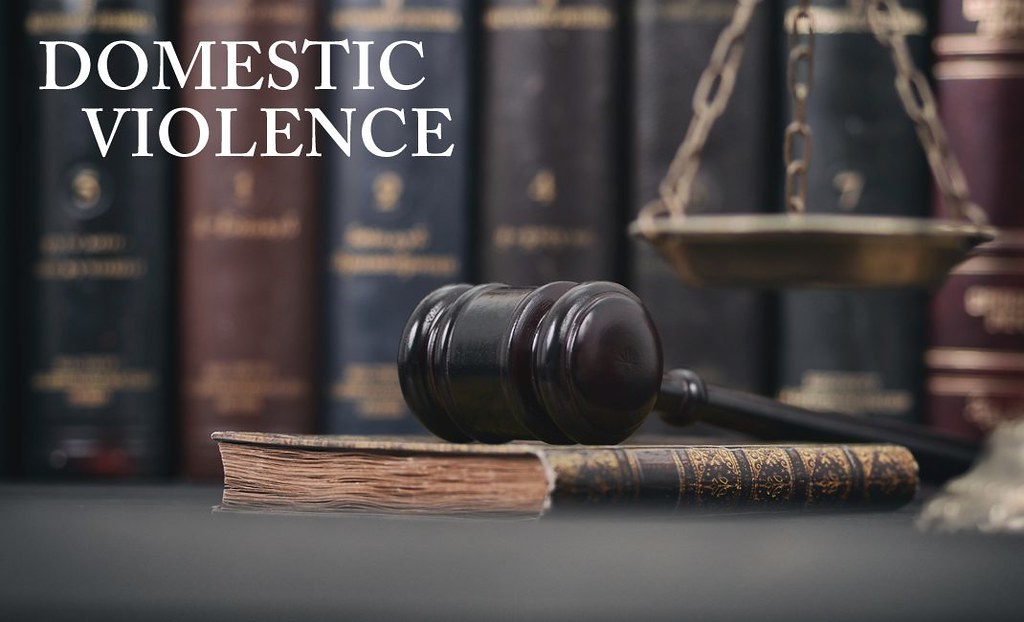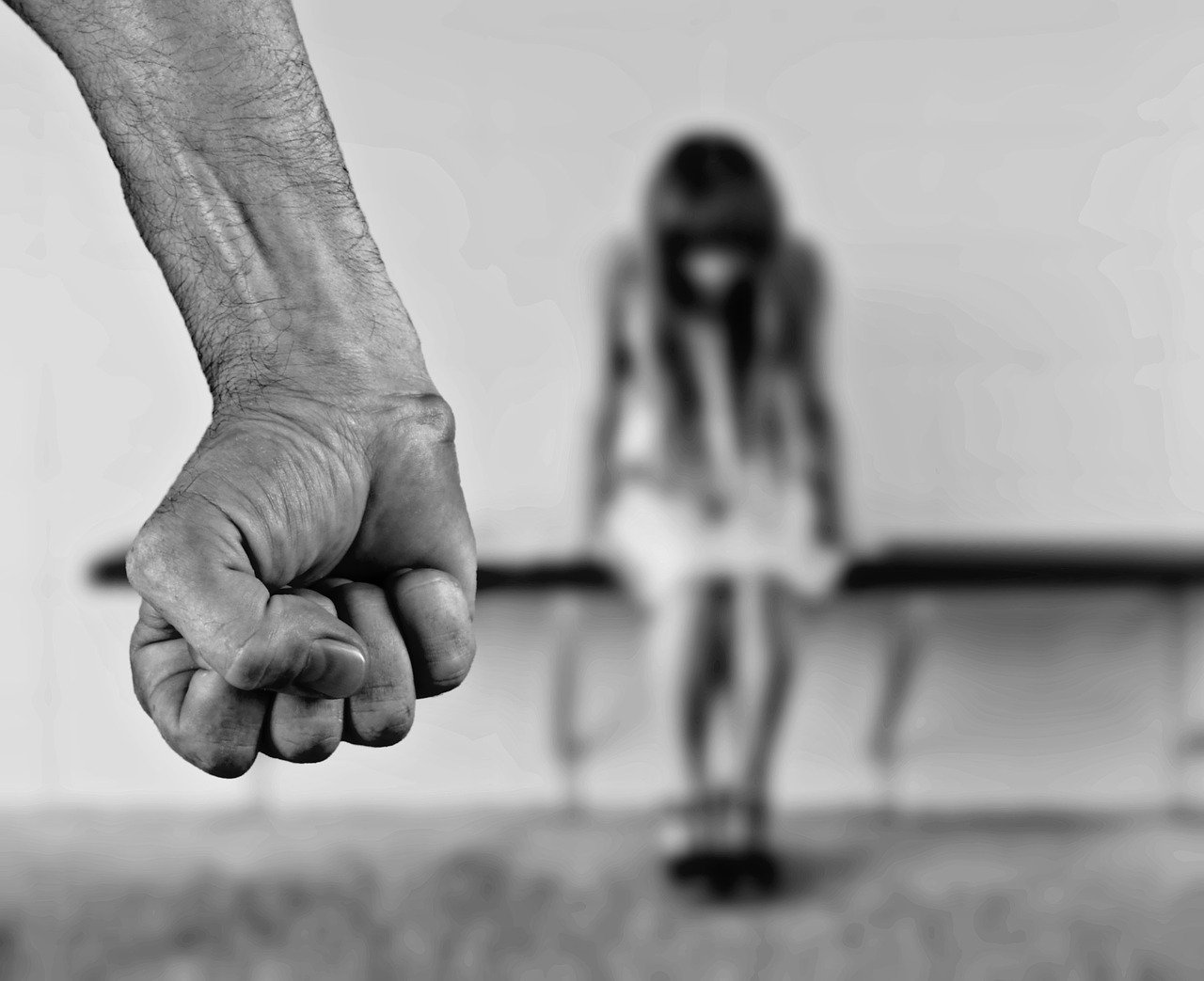How Domestic Violence Affects Child Custody in Florida?
Domestic violence is a serious issue. Domestic violence will influence the process of obtaining child custody in Florida. A judge will look at all aspects surrounding the child’s relationship with each parent when it involves domestic violence and abuse in the state of Florida. The judge will also look at the parents current division of responsibilities, the child’s living environment, the parents mental and physical health, parents issue with drugs or alcohol, and evidence of sexual assault, child abuse, domestic violence, child abandonment, and child neglect. In the state of Florida domestic violence is seen as a criminal offense. Domestic violence in Florida is defined as any stalking, kidnapping, assault, battery, or any form of criminal offense by one family member to another that may cause death or injury. This also applies to any couple that is not married, or does not live together.
Have a History of Domestic Violence?
According to statue 741.30(6)(b) in the state of Florida, it states that the judge will evaluate any history of domestic violence and determine whether each party in the case has been involved in any acts of domestic violence when it comes to obtaining child custody. If there is a history of domestic violence the court will protect any participants involved.
If a person is presently experiencing domestic violence and is in fear they should get an “Injunction for Protection Against Domestic Violence” from their local circuit court. This injunction is court ordered and demands that the abuser stays away from the victim or they will risk the prospect of jail time. There are also multiple 24-hour hotlines in Florida for domestic violence victims. A Florida Judge will start with the presumption that both parents will share custody unless there is a circumstance that would be harmful to the child such as domestic violence. If either party has been convicted of domestic violence or worse, the court will assume that it would be harmful for that parent to receive custody. Once that is established, the accused parent must prove that they are fit to share custody with the other parent or receive visitation.
Evidence of Domestic Violence
If there is no domestic violence conviction, the judge will still accept any evidence of domestic violence or child abuse that is presented in the courtroom. If the judge concludes that it is best for the child to have contact with the abusive parent, there will be visitation arrangements put into place to protect the child and the other parent. Many domestic violence lawyers in Miami, Florida can help people dealing with domestic violence and the process of trying to obtain child custody.


